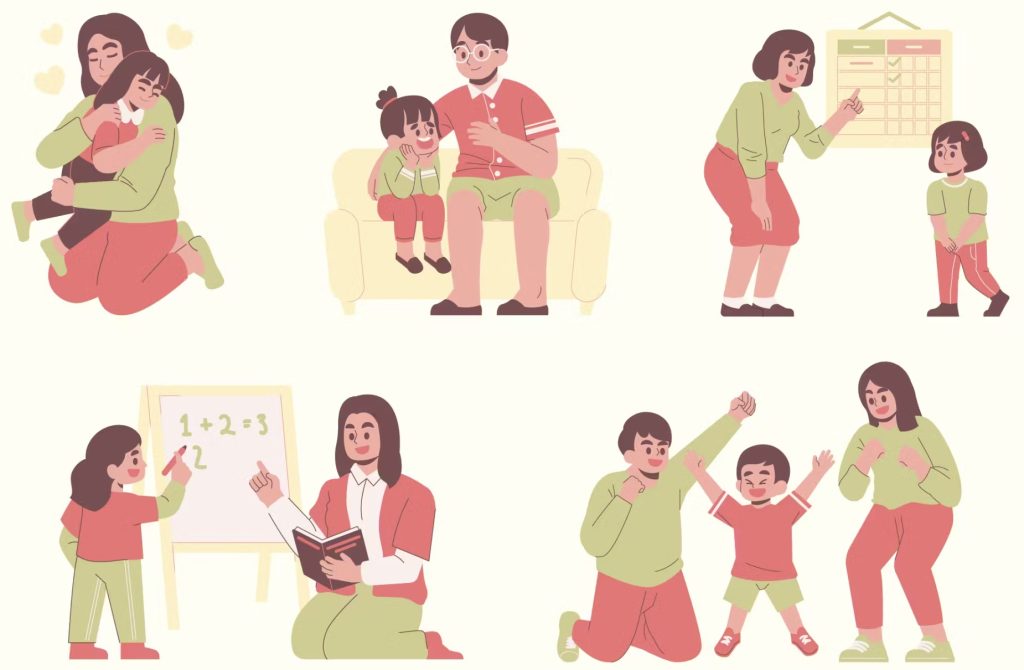Relationships Can Get Better
When marital problems seem chronic and severe, divorce is one way the problem is seemingly solved. Currently, divorce statistics fluctuate at around 50%. Divorce creates great personal pain for each partner, which often must be endured for years. If there are children, the pain and loss is immeasurable. Research is conclusive that most children are severely challenged when experiencing a divorce in many different ways. They are more likely to have emotional difficulties and problems in school, engage in substance abuse, and rebel against authority.
Husbands and wives, after divorcing, typically experience severe loneliness, anxiety, and sadness. Most divorced people remarry again within three years. Despite the previous experience, the success rate for second marriages is relatively low. The problem is that people often repeat destructive patterns in their second (and at times third and fourth) marriages because they remarry without understanding what went wrong the first time.

When your marriage hits rough waters, you face a critical choice that will shape your future happiness. Too often, couples fall into destructive patterns that seem like solutions but actually make things worse.
The first trap you might encounter is the blame game. Instead of examining your role in marital problems, you point fingers at your spouse, making them responsible for everything that went wrong. While some situations may require divorce, like abuse or addiction, most relationship struggles stem from both partners’ actions and reactions.
The second trap is more insidious: the invisible divorce. Remember how perfect your partner seemed during your romantic phase? You believed they’d fulfill all your needs and desires. But as that new-relationship smell faded, reality set in. You discovered your spouse wasn’t the idealized person you married, and disappointment followed. Instead of accepting this natural transition, you might build emotional walls to protect yourself. You sleep in the same bedroom, share the same roof, raise children together, yet live completely separate lives. You avoid eye contact, bury yourself in work, spend excessive time shopping, or pick unnecessary fights. Some people seek fulfillment outside their marriage through inappropriate relationships or destructive behaviors.
There’s a third option that requires courage but offers genuine hope. You can accept responsibility for the difficulties in your relationship and work together as a team. This means committing to self-exploration, learning new relationship skills, and sometimes seeking help from a qualified and caring relationship specialist.
This path seems frightening because it demands vulnerability and change. However, it’s your only route to creating the deep, loving, and lasting connection you initially sought you would have when you got married.
You decide: TO WORK TO IMPROVE YOUR RELATIONSHIP
The benefits
• Develop deeper emotional intimacy and renewed connection with your spouse
• Break destructive cycles and learn healthier communication and problem-solving skills
• Create a stable, loving environment for your children’s emotional and psychological well-being
• Experience personal growth through honesty, vulnerability, and shared responsibility
• Build a lasting partnership based on trust, understanding, and teamwork
Risks when you don’t work to improve your relationship
• Remain trapped in blame, distance, and emotional disconnection
• Increase the likelihood of marital breakdown and potential divorce
• Cause long-term pain, loneliness, and instability for both partners and their children
• Lose the opportunity to build the deep and fulfilling love your marriage was meant to provide
What Client's & Professionals Are Saying
Please consult our glossary for help understanding any of the words used in this article. GLOSSARY





